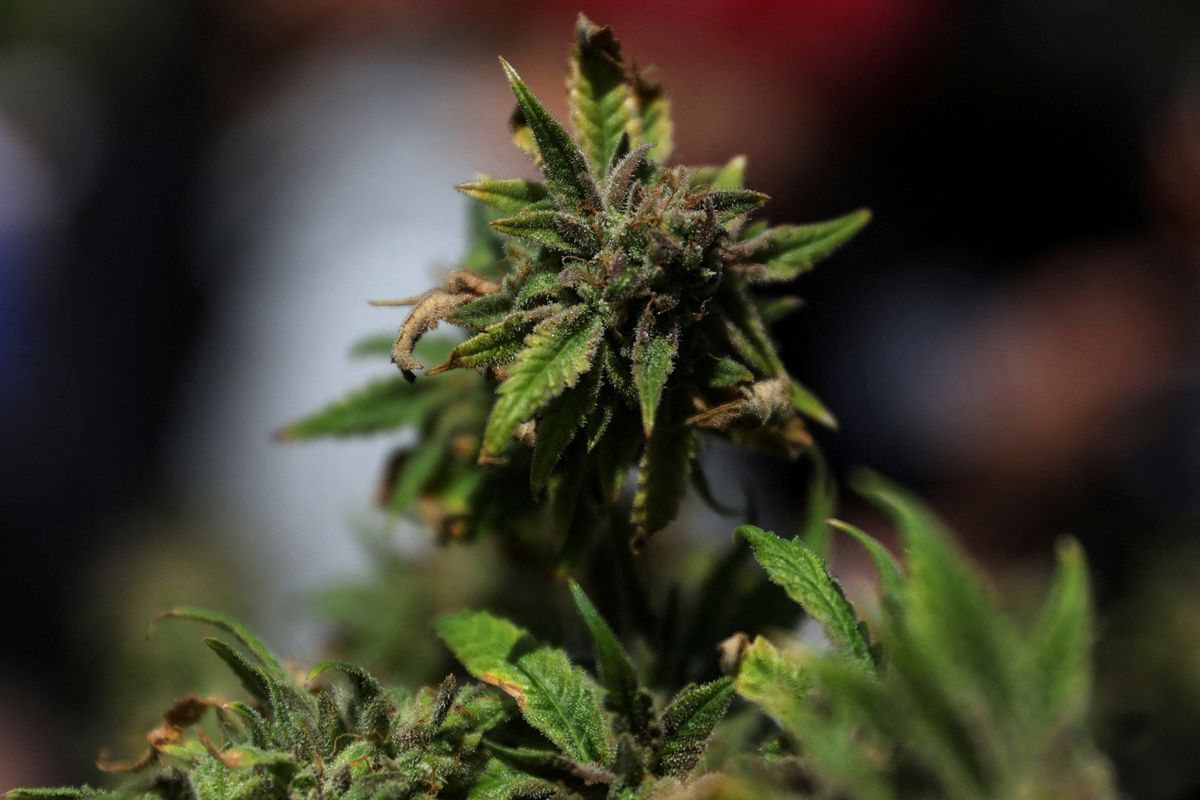Thailand’s weed laws are attracting Asian tourists
Cannabis culture hasn’t exactly been embraced by the Asia Pacific region, with many countries in the region enforcing strict anti-drug laws.

A few minutes every morning is all you need.
Stay up to date on the world's Headlines and Human Stories. It's fun, it's factual, it's fluff-free.
The backstory: Cannabis culture hasn’t exactly been embraced by the Asia Pacific region, with many countries in the region enforcing strict anti-drug laws. If caught, those either possessing or selling marijuana often can get caught up in long prison terms. Some countries, like Singapore, still carry the death penalty for dealing marijuana. But, in June last year, Thailand basically legalized weed. Dispensaries popped up all over the place after the military government removed marijuana flowers from its list of narcotics. The idea was to pave the way for smaller marijuana farming projects.
After decriminalizing the drug, the government still banned smoking it in public and put limits on THC doses in food. Thai laws also make it so weed sales are all technically medical, even though vendors don’t need to see any medical documents in order to sell it. And over 4,200 people in prison for alleged marijuana crimes qualified for release.
The development: Thailand is now seeing how its weed industry is impacting incoming tourism from its neighboring countries. Since last June, about 5,000 dispensaries have opened nationwide, especially in tourist hotspots, with over a million farmers growing the plant. The industry could be worth US$1.2 billion by 2025, according to the University of the Thai Chamber of Commerce.
But Japan, Singapore and China, which have stricter marijuana laws, have made it clear that their own laws against weed apply to nationals even when they’re not home. Singapore and China have even said they could randomly drug test people returning from Thailand, but it’s not clear how often that happens. But, while many Asian tourists are still super cautious, they’ve also shown curiosity, with many first-time users visiting Thailand’s new dispensaries. Bangkok dispensaries have become super popular, with a lot of them making sure to hire workers who speak some English.
But now, Thailand may pivot back on the idea of legalized weed, with even progressive politicians looking to get it back on the narcotics list and many Thai citizens continuing to view marijuana as a problematic vice.
Key comments:
“We don’t support cannabis for recreational use, we don’t support a cannabis vacuum,” Pita Limjaroenrat, the leader of the youth-backed Move Forward Party, told a campaign rally in May. “Put cannabis back on the narcotics list then exercise control so that it can create more benefits than harm.”
“[Move Forward] is a progressive party in all kinds of ways, but I think for them cannabis is not part of progress,” said Thitinan Pongsudhirak, a professor at Chulalongkorn University in Bangkok. “The party platform is about reforming big business, reforming military, reforming monarchy, reforming bureaucracy, reforming the constitution. But cannabis is widely considered a vice, and they’re not reforming vice.”
“All of this is quite sad,” Kitty Chopaka, a cannabis campaigner and shop owner, told The Telegraph. “I think stigma is creating the problem … the government didn’t put enough effort into educating the public during the rapid legalisation process, and now politicians are exploiting unfounded fears that children are smoking, and it’s ruining society, for votes.”
“I was curious about how I would feel after smoking,” said one Japanese tourist who wanted to stay anonymous. “I wonder why Japan bans it? I wanted to try it.”




Comments ()